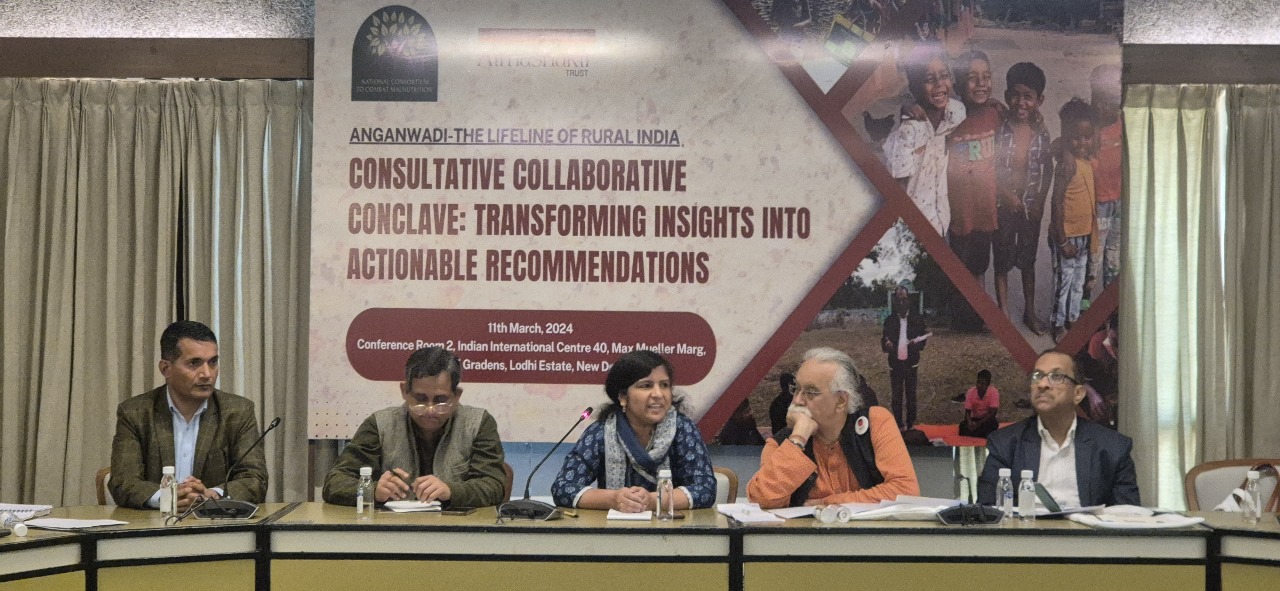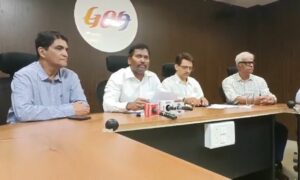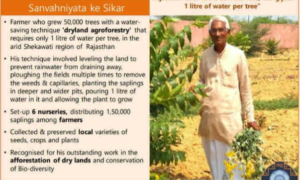Strengthening Anganwadis Imperative for Viksit Bharat at 2047

Covering 19 districts and 81 blocks, the study examined 10,538 villages, impacting 15,63,014 households and 73,54,107 individuals, predominantly from Scheduled Tribe communities.
New Delhi: A recent study has uncovered critical deficiencies in the Integrated Child Development Services (ICDS), a cornerstone initiative aimed at addressing the needs of children aged 0-6 and expectant or nursing mothers.
The study, conducted by Atmashakti Trust in collaboration with the National Consortium to Combat Malnutrition (NCCM), sheds light on the challenges faced by Anganwadis across six states: Odisha, Uttar Pradesh, Chhattisgarh, Jharkhand, Rajasthan, and Madhya Pradesh.
Titled “Empowering Anganwadi: The Lifeline of Rural India,” the study was unveiled during the Consultative Collaborative Conclave: Transforming Insights into Actionable Recommendations held in New Delhi on March 11.
Covering 19 districts and 81 blocks, the study examined 10,538 villages, impacting 15,63,014 households and 73,54,107 individuals, predominantly from Scheduled Tribe communities.
Highlighting deficiencies in infrastructure and services, the study revealed alarming statistics.
In Jharkhand, 40.68% of Anganwadis lack toilets, with 35.03% having non-functional facilities. Moreover, over 22% lack access to safe drinking water.
Similar challenges were found in other states, such as Madhya Pradesh, where 24.20% of Anganwadis lack functional toilets, and in Chhattisgarh, where children in remote areas travel significant distances to access services.
Addressing these issues, participants emphasized the role of elected leaders in advocating for the needs of vulnerable communities.
Arvind Singh, Technical Head Health & Nutrition at Matri Sudha, emphasized the importance of collective action, stating, “We need to identify decision-makers with whom we can engage. As a society, we must come together to fight the malaise of malnutrition— a fight led by elected leaders.”
Chirashree Ghosh, National Convenor of FORCES, stressed the importance of public mobilization, suggesting that the state of Anganwadis should be a key election issue.
Dayaram, Executive Director of Aspire India, highlighted discrepancies in data collection, calling for the involvement of community bodies to verify the number of children accessing Anganwadis, thus pressuring the government to act.
While acknowledging the efficacy of ICDS, participants underscored the need for improvements to maximize its impact. Recommendations included increased financial allocations, community participation, and addressing caste-based discrimination among Anganwadi staff.
Ruchi Kashyap, CEO of Atmashakti Trust, emphasized the importance of transparent and responsible governance, stating, “Combatting malnutrition requires close community engagement at multiple levels.”
With national elections approaching, participants urged political parties to prioritize Anganwadi issues in their manifestos, emphasizing the urgent need for improved infrastructure and services to ensure the well-being of children and women.












































